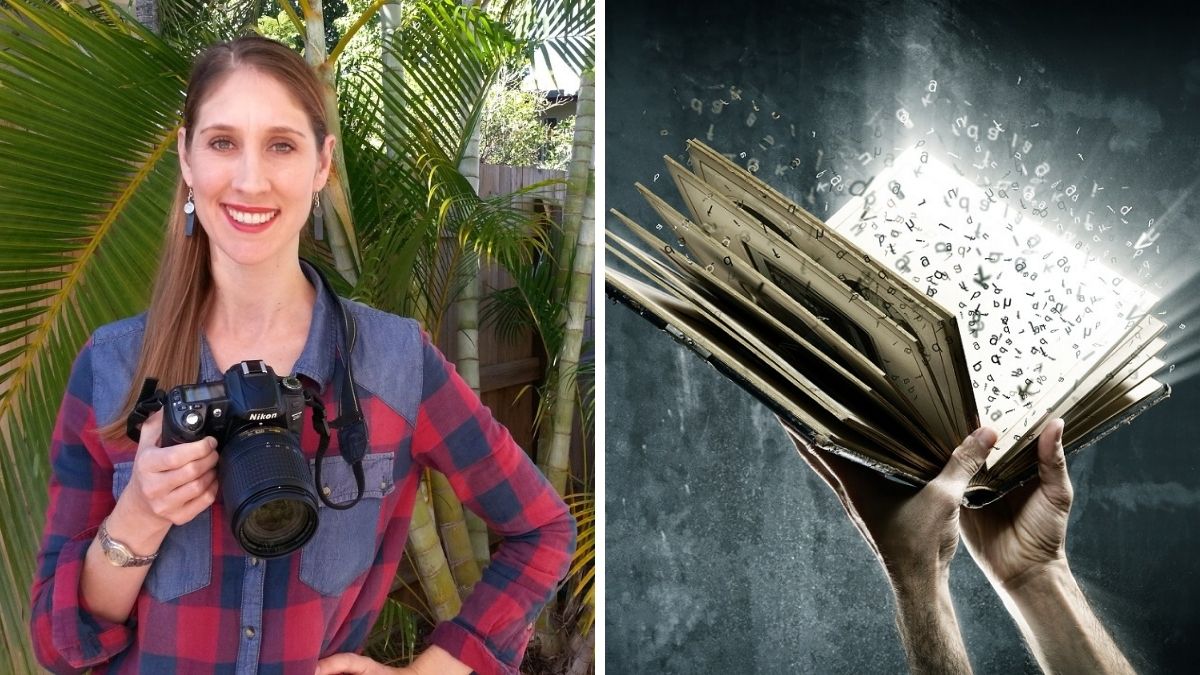
Everything you need to know to write about the birth of a child or giving birth
At this time of year my family finishes a mega run of birthdays.
And coupled with Easter recently it has felt like a time of new beginnings.
As a result, this got me thinking about how we sit down to record birth stories in our autobiographies, memoirs, biographies and other life story projects.
Obviously an autobiography by its very definition requires a birth story!
But there are other births we can record such as parents, siblings, children or grandchildren.
So in this article I’m going to go over key information you might like to include when recording birth stories …
Related article – Writing tips: The ultimate guide of life-story tips for new writers
Sources for a baby story
Starting a birth story can feel like a struggle: “But I can’t remember! I wasn’t there or I was too young to recall.”
However, be surprised by how much detail you know or can readily glean to write a rich account.
Certainly there are places you can ‘look’ to gather birth information or confirm facts.
So here is a list to get started:
- Newspaper records
- Look at baby photos
- Official hospital cards or records
- Talk to other family members who were there or remember that time
- Mine your own memories
Related article – Story detail: Identifying key details in a story to make your autobiography shine
Begin before the start
At newspapers where I have worked, birth stories are some of the most well-read articles.
Certainly the families of the parents involved love them but so too do other readers.
However, it’s the stories around a birth that make for interesting reading, not just baby measurements or cute pics.
In my mind good birth stories start before the actual birth.
So some questions to ask could be:
- How did the parents meet?
- Was the baby planned?
- How did the pregnancy go?
- What was the trip to the hospital like? Or was it a home birth, why?
- What was happening elsewhere in the town, region, world?
Please note: In some instances, birth stories can be very difficult to write about. I am not a doctor and the advice in this article is general in nature. Please contact your doctor or health professional for help that suits your specific circumstances. Further resources: Beyondblue or Lifeline Australia.
Related article – Painful stories: How to write about sad memories and hard conversations
Writing birth stories
Depending on how much you can or want to share, there is much you can record about an actual birth.
Firstly think about who will be reading as this will help guide what you include or leave out.
And remember times change so some points you may find trivial will be unusual or notable for other generations.
Therefore some topics you might like to include:
- How did the labour go? How long?
- Were there complications, why?
- What sort of pain relief was on offer?
- Who was there to assist – midwife, doctor, husband, others?
- What were the baby facts – day of the week and time of birth, length, weight (in ounces and grams), name?
Related article – Visual writing: Become a visual storyteller with visual writing techniques
Strong ending
Up to this point our birth stories have a beginning and a middle.
Therefore it is time to give them a strong ending!
You still have some very interesting pieces of the puzzle to add.
So keep writing with these prompts:
- What was the story behind the name choices? Meaning, why were they chosen?
- What was your reaction to seeing the baby?
- What was the reaction of other family members or siblings?
- Did the baby look like or resemble anyone in the family? Did they share characteristics, temperament?
- What was mum and baby’s recovery like? Were they at hospital or home?
- What emotions did you feel about the birth?
- What reflections about the birth can you add?
- Do you have any other final thoughts or key messages to include?
Related article – Life-story interview: How to set-up an interview and family interview tips
Final say: Birth stories
Birth stories have to be one of my favourite topics to write about.
Above all, I am always amazed by the anecdotes, connections and coincidences that are uncovered.
Certainly every birth is different but as a general guide have a beginning, middle and end.
So introduce the parents and give some background information (beginning), talk about the birth (middle) and finish with a description about the baby plus your reflections (end).
Finally, birth stories can be very rewarding to record and share with loved ones now and in the future.
Indeed they are birthday presents that won’t fade or be forgotten.
Happy writing!
Free gift!
Recording birth stories is just the beginning. Plan your life-story outline with the free Structure Success video training. Certainly it has easy ideas to help you get cracking! So sign up here.
Your say
Do you have a birth story to share? I always love hearing from different people. So drop me an email or leave a reply in the comments section at the end of this article.
Get in touch
Got a question about life-story steps or an idea for a future article? You can let me know here!
Don’t miss an article
Sign up here to get instant notifications when new material is published.
First published October 18, 2018: This article has been updated and improved.

